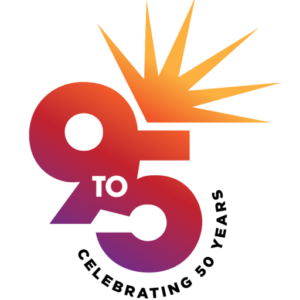By Deb Brady
Denver, Colorado
I lost my job as an Asphalt Plant Manager. At the time, I was presenting as a man at work but starting the process of living as a woman during my personal time.
I can’t be sure I was laid off because I’m transgender. The whole construction market crashed then, but I can tell you 17 years worth of contacts in the field dried up and I couldn’t even get a job bagging groceries. It didn’t take long for my unemployment to run out and my home to go into foreclosure. I was homeless for three years, forced to present as a man at times to have a place to sleep at night. I was penniless and homeless.
Today I live below the poverty line, trying to make ends meet with a housing voucher and a minimal monthly income through social security, disability and a small pension.
Unfortunately, my situation is not an anomaly. The report found that LGBT women are more likely to live in poverty. Almost 30 percent of bisexual women and 23 percent of lesbian women live in poverty compared to 21 percent of heterosexual women. Only one in three LGBT women say they are thriving financially compared to nearly 40 percent of non-LGBT women. Transgender women like myself are four times as likely to have year incomes of $10,000 or less compared to the general population. 1
Change is needed to improve economic security and equal opportunity for all women — including LGBT women. Laws prohibiting discrimination against women need to be strengthened and expanded to include LGBT people. Laws providing access to health care, child care and safety net programs need to define family to include LGBT families. And laws that will improve the workplace for all women — paid sick days, family and medical leave insurance, pay equity, scheduling fairness and others — need to be inclusive of LGBT women and families, and passed at the local, state and national levels now.
—————————————–
This blog post is part of 9to5’s collection Faces of the Wage Gap, illuminating the many factors which contribute to income inequality and the necessary solutions needed to reach true economic justice for all women. Please share via social media!
1. Paying an Unfair Price: The Financial Penalty for LGBT Women in America

